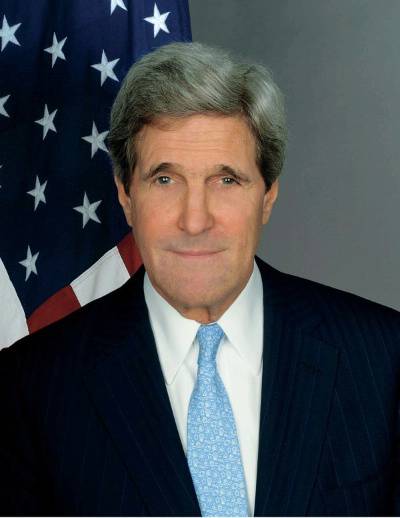Crude Falls Below $114 as Iraq Supply Fears Ease
- Sunni insurgents capture three towns in Iraq's Anbar
- Iraq's oil exports near record rates in June
- U.S. Secretary of State John Kerry lands in Baghdad
Brent crude dipped below $114 a barrel on Monday as worries about disruptions to Iraqi crude supplies began to look overdone given that exports have so far been unaffected by a Sunni Islamist insurgency.
Brent was down 90 cents at $113.91 by 1336 GMT, off an intraday high of $115.66. U.S. crude for August delivery was down 54 cents at $106.29, after touching $107.45 earlier in the session. The July contract expired on Friday.
Traders and analysts said that the rally had faltered as the market was becoming desensitised to the news out of Iraq. Although insurgents made further gains at the weekend Iraq's crude exports have not yet been slowed by the conflict.
"There is some bailing (out) going on," a futures broker said. The latest ICE Brent data showed that speculators had raised their net long positions to their highest level since September 2013 last week. Traders and analysts suggested some were now taking profits.
Data showed that Iraq's oil exports from its southern terminals are near record rates so far in June at around 2.53 million barrels per day, despite the Sunni insurgency.
"The supply news isn't really supporting oil prices - the only thing supporting them is the fear factor," said Carsten Fritsch, an oil analyst at Commerzbank in Frankfurt. "This reminds me of the Syrian conflict when the market spiked on worries about supply disruptions that never happened."
Militants from the Islamic State of Iraq and the Levant (ISIL) seized three towns in Iraq's western Anbar province after taking control of two frontier crossings on the Iraq-Syrian border at the weekend.
Sunni tribes also took control of a border crossing between Iraq and Jordan late on Sunday after Iraq's army pulled out of the area following a clash with rebels.
Meanwhile, there was a lull in fighting at Iraq's largest refinery, the 300,000 barrel-per-day Baiji complex, on Sunday, although militants still surround the plant.
The deterioration of the situation in Iraq pushed Brent futures to $115.71 a barrel last Thursday, the highest level since September 9, 2013.
But some said the oil price had run ahead of the facts. Commerzbank's Fritsch pointed out that about 90 percent of Iraqi crude exports are shipped from export terminals in the south of the country, which are unlikely to be reached by the Sunni insurgents.
In addition, the Kurds continue to export oil from Iraqi Kurdistan with a third tanker departing Turkey's Mediterranean port of Ceyhan on Monday, whilst a fourth tanker is being loaded.
This week the market is likely to focus on the response from the United States to events in Iraq, and whether the insurgents will start to meet greater resistance.
U.S. Secretary of State John Kerrylanded in Baghdad on Monday to press Prime Minister Nuri al-Maliki to form a more inclusive government and to discuss U.S. actions to assist Iraq.
(By Claire Milhench, Additional reporting by Keith Wallis in Singapore; editing by Jason Neely and Keiron Henderson)














